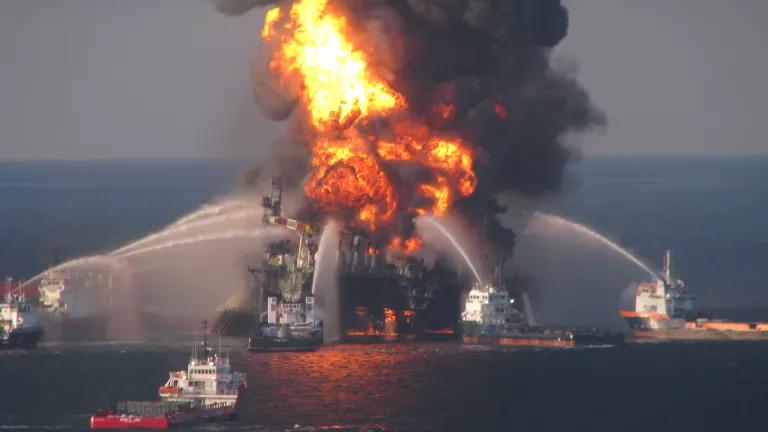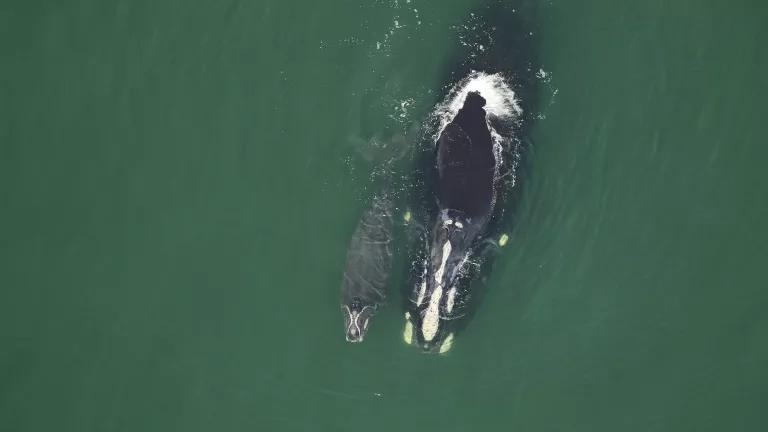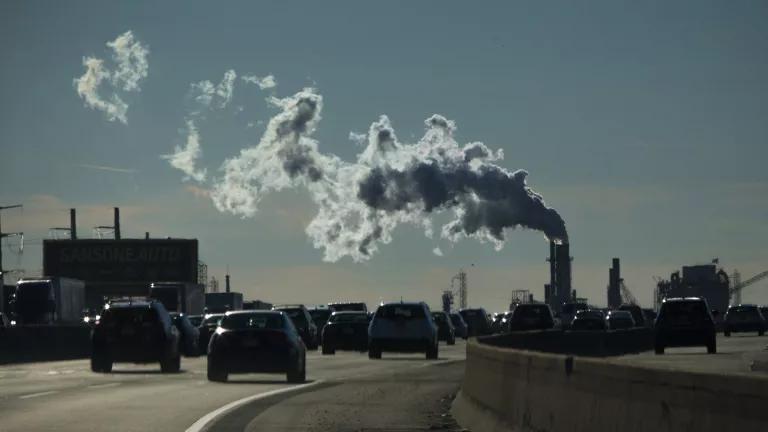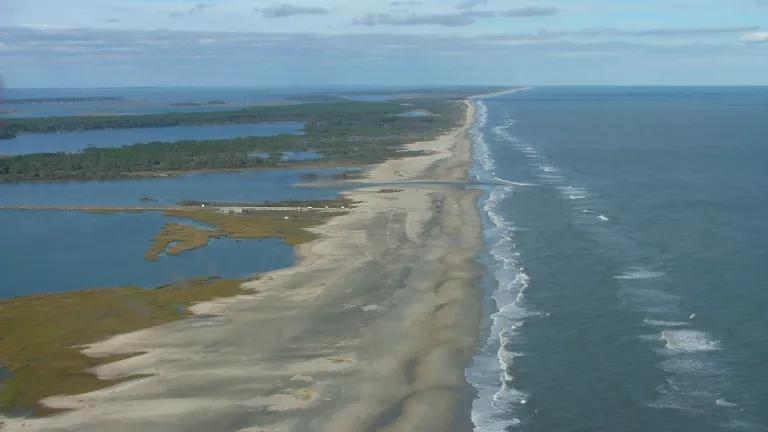
We are approaching the tenth anniversary of the British Petroleum (BP) disaster, which killed eleven men, injured seventeen others, and spilled more than 130 million gallons of oil in the Gulf of Mexico. The disaster polluted more than 1,300 miles of coastline, devastated marine life, and and cost the Gulf Coast billions in lost revenue. The Trump Administration’s aggressive deregulatory agenda threatens to undo many of the safeguards for ocean and coastal ecosystems, including those that regulate the offshore oil industry. We cannot have a repeat of the BP disaster and we need common sense protections for the ocean now more than ever.
Earlier this year, the Administration started weakening a key environmental statute, the National Environmental Policy Act (NEPA). NEPA requires federal agencies to analyze the environmental impacts of major federal actions and ways to mitigate the most harmful effects of those actions. It also requires agencies to give the public an opportunity to speak out about how those decisions affect their communities. As my colleague Sharon Buccino has warned, the proposal could limit the federal actions to which NEPA applies, excuse agencies from evaluating the effects of climate change, and water down other key protections.
At NRDC, we rely on NEPA to ensure that the environmental effects of federal and industrial activities in the oceans are thoroughly studied and carefully managed. Trump’s rollbacks could hinder this work, paving the way for more aggressive offshore oil drilling, seismic oil exploration and Navy sonar testing, which harm whales and other sea life, and mining activities in crucial salmon spawning grounds. We opposed the proposed NEPA changes in comments we filed this week with the Council on Environmental Quality (CEQ).
In addition to removing the procedural guardrails NEPA provides, the Administration seeks to undo substantive regulations on oil and gas development. Agency leadership endorsed seismic oil exploration, with smaller protective buffers, over concerns by staff that those activities could harm marine mammals, as Roll Call reports. In 2019, the Administration weakened offshore drilling safety rules put into place after the BP disaster that were meant to prevent future uncontrolled blowouts.
We need sound environmental and safety protections for the offshore oil industry now, more than ever. During the Trump Administration, safety inspections by federal regulators have decreased, as have enforcement actions against operators who fail to follow safety rules, according to a study conducted by the Center for American Progress. During that time frame, the amount of oil spilled on the Outer Continental Shelf has increased, and worker injuries have increased by 21 percent, the same study shows.
The BP disaster needlessly claimed human lives, fouled large swaths of ocean and coastal habitat, and devasted coastal communities. NEPA helps prevent such disasters by requiring government agencies to take a hard look at the environmental consequences of their actions and how to mitigate any harmful effects. It also provides an important opportunity for community engagement on decisions that affect local environments and livelihoods. The process created by NEPA works hand in hand with strong environmental and worker safety regulations to keep us safe from future environmental and industrial disasters. Help us stop Administration rollbacks and make sure we prevent another BP-style disaster from ravaging our oceans again.
This blog provides general information, not legal advice. If you need legal help, please consult a lawyer in your state.




